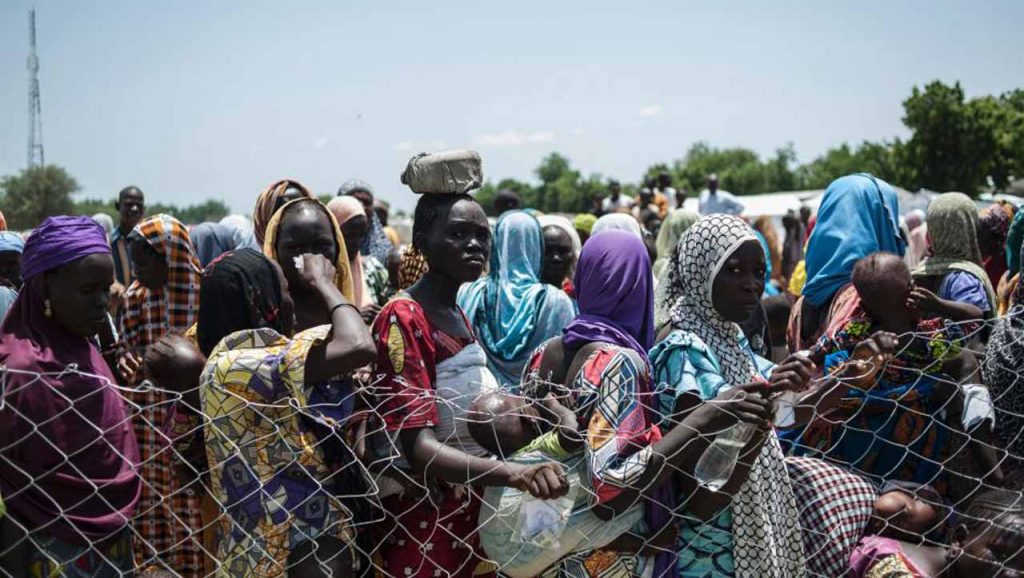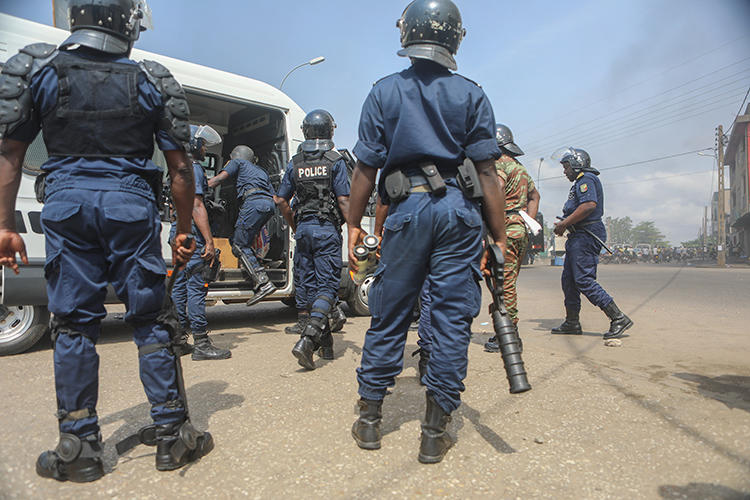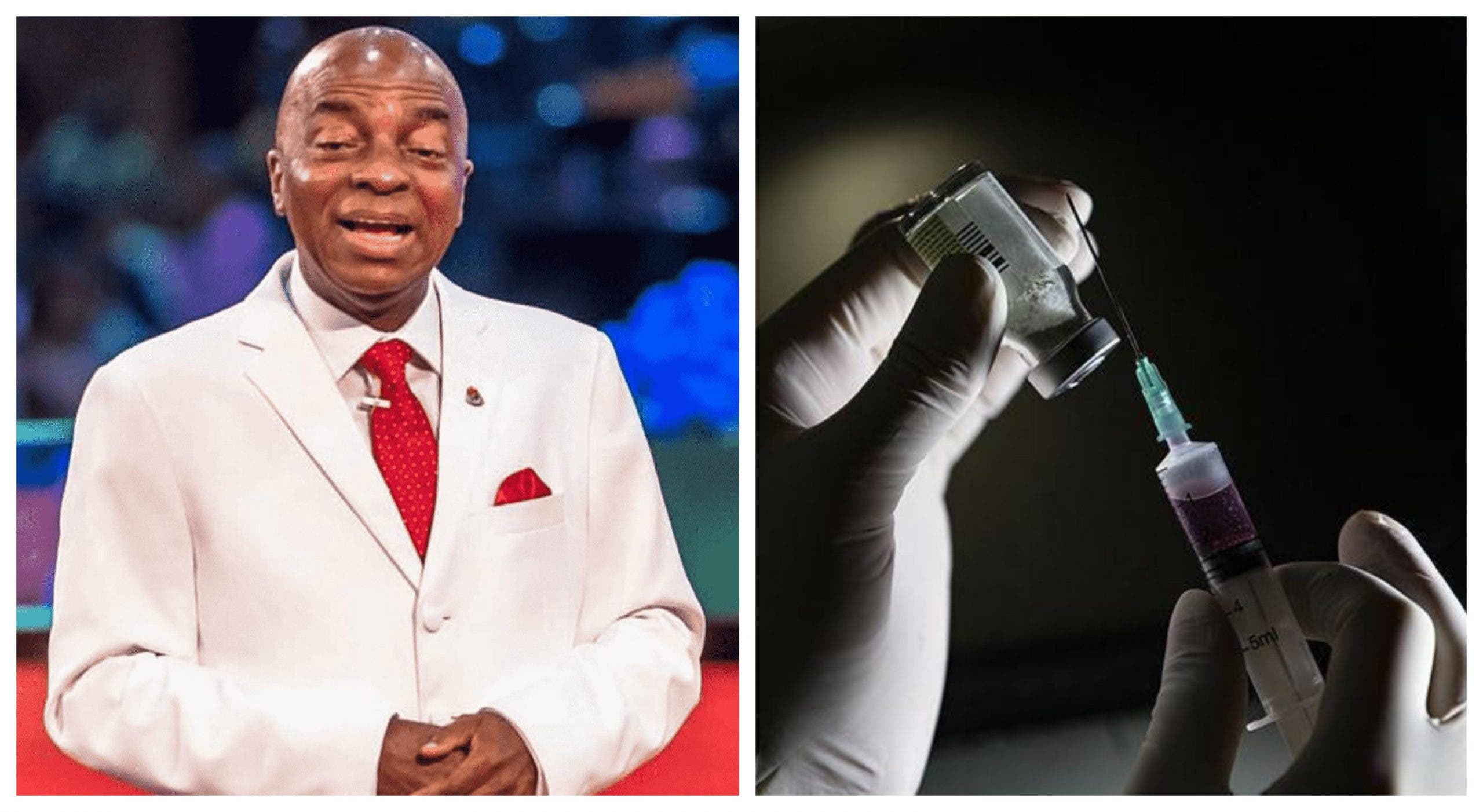12 states battle IDP crisis, communities, farms deserted
Rising insecurity is taking it toll on communities across the country as no fewer than 12 states are battling with problems of persons displaced by bandits or insurgents.
The most affected states were Benue, Borno, Kebbi, Plateau, Gombe, Sokoto, Katsina, Niger, Yobe and Adamawa.
It was gathered that although Ebonyi had internally displaced persons, the problem arose partly as a result of communal clashes and attack by security forces.
But the displaced persons in Cross River are refugees from Cameroon.
In many of the states, particularly in the North, a lot of rural communities and farms had been abandoned following incessant attacks by bandits.
These came to the fore as gunmen killed 25 people in separate attacks in Plateau and Benue states on Sunday night.
It was learnt that eight local government areas of Benue states were grappling with problems associated with displaced persons.
According to the state government, one million people are currently displaced in the state as a result of attacks by herdsmen.
It was gathered that LGAs battling with humanitarian crisis following herders’ invasion include Guma, Makurdi, Logo, Agatu, Ado and Gwer West. The IDP crisis in some parts of Katsina Ala is associated with both attacks by herdsmen and local bandits.
Findings indicated that the displaced people in Kondhisha Local Government Area were victims of the military attack following the murder of 12 soldiers by the Bonta militias in April.
In the Ado LGA, the displaced people are victims of herdsmen invasions and those of Ebonyi and Benue border clashes.
Investigations showed that residents of communities in 11 local government areas of Katsina State had been displaced as a result of attacks by herdsmen.
The local government areas are Batsari, Jibia Sabuwa, Danmusa, Safana, Matazu, Kankara, Dandume, Dutsin-ma, Kurfi and Malumfashi.
Although the state government has shut the IDP camps in the state, it is currently carrying out an enumeration of orphans and widows who are victims of the bandits’ attacks.
It was learnt that in Borno state, communities in 20, out of 27 local government areas in the state, had been displaced following incessant attacks by the Boko Haram insurgents.
Local government areas where people have been displaced and activities paralyzed include Guzamala, Abadam, Marte, Kukawa, Bama, Damboa, Gamboru Ngala, Kaala balge, Dikwa, Mobbar, Konduga, Kaga, Gubio, Magumeri and Nganzai.
Many communities in the southern part of the state, including Chibok and Gwoza local government areas have also been dislodged by the insurgents.
Also, it was learnt that in the Guzamala Local Government Area, where the Speaker of the State House of Assembly, Abdulkarim Lawan hails from, all residents had fled.
Gombe state Commissioner for Information, Julius Ishaya, said the recent communal clashes in the Shongom Local Government Area had produced about 500 to 1,000 displaced persons.
While lamenting the huge financial implications in settling persons that were displaced, Ishaya said, “The unfortunate thing is that you don’t prepare for them (the clashes). When they happen, you have to mobilize resources to make sure you handle emergency issues like the relief materials”.
Survivors of bandits’ attacks from the Danko/Wasagu Local Government Area and part of Zuru Emirate in Kebbi State are currently staying in an IDP camp in Dabai, Zuru.
Narrating his ordeal, Nuhu Bitrus, from Munhaye village in Wasagu Chiefdom, said, “We have been staying in the camp since bandits invaded our village on January 23 and kidnapped 20 women. Now we cannot go near the village. No one is talking about us”.
Wakala Audu, 50, who is also staying in the camp, said he and many others were displaced from D’Lombo village in Wasagu Chiefdom.
He said that his village, which had about 300 households with large fertile land, had been deserted as residents fled after incessant attacks by herdsmen.
In Sokoto, IDP camps are located in Gandi, in the Rabah Local Government, while those displaced by bandits in Isa and Sabon Birni local government areas are taking refuge in the neighbouring Niger Republic.








